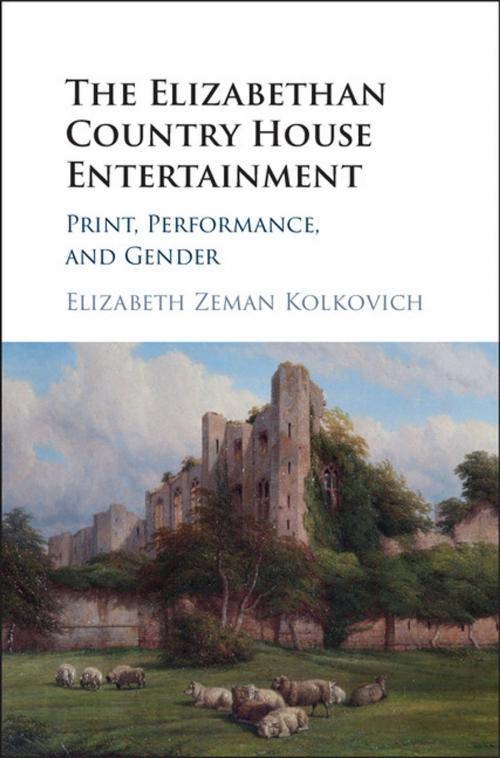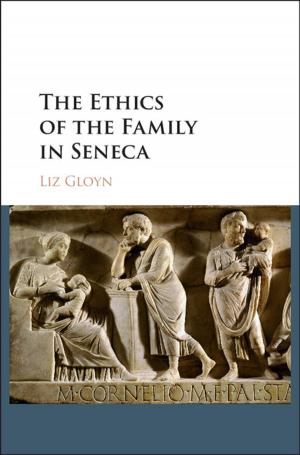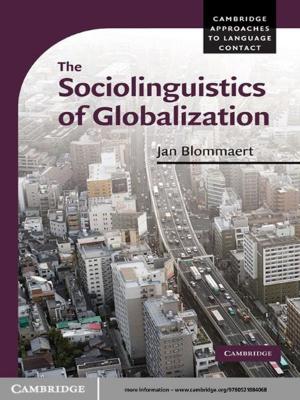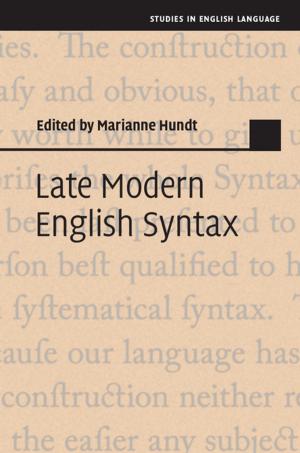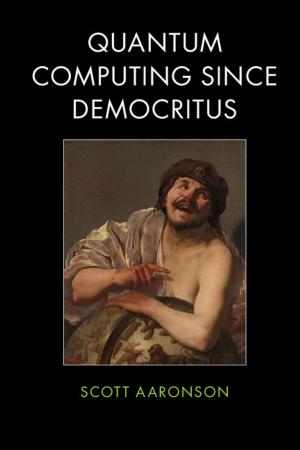The Elizabethan Country House Entertainment
Print, Performance and Gender
Fiction & Literature, Literary Theory & Criticism, British, Nonfiction, Social & Cultural Studies, Social Science| Author: | Elizabeth Zeman Kolkovich | ISBN: | 9781316711972 |
| Publisher: | Cambridge University Press | Publication: | July 4, 2016 |
| Imprint: | Cambridge University Press | Language: | English |
| Author: | Elizabeth Zeman Kolkovich |
| ISBN: | 9781316711972 |
| Publisher: | Cambridge University Press |
| Publication: | July 4, 2016 |
| Imprint: | Cambridge University Press |
| Language: | English |
This is the first full-length critical study of country house entertainment, a genre central to late Elizabethan politics. It shows how the short plays staged for the Queen at country estates like Kenilworth Castle and Elvetham shaped literary trends and intervened in political debates, including whether women made good politicians and what roles the church and local culture should play in definitions of England. In performance and print, country house entertainments facilitated political negotiations, rethought gender roles, and crafted regional and national identities. In its investigation of how the hosts used performances to negotiate local and national politics, the book also sheds light on how and why such entertainments enabled female performance and authorship at a time when English women did not write or perform commercial plays. Written in a lively and accessible style, this is fascinating reading for scholars and students of early modern literature, theatre, and women's history.
This is the first full-length critical study of country house entertainment, a genre central to late Elizabethan politics. It shows how the short plays staged for the Queen at country estates like Kenilworth Castle and Elvetham shaped literary trends and intervened in political debates, including whether women made good politicians and what roles the church and local culture should play in definitions of England. In performance and print, country house entertainments facilitated political negotiations, rethought gender roles, and crafted regional and national identities. In its investigation of how the hosts used performances to negotiate local and national politics, the book also sheds light on how and why such entertainments enabled female performance and authorship at a time when English women did not write or perform commercial plays. Written in a lively and accessible style, this is fascinating reading for scholars and students of early modern literature, theatre, and women's history.
